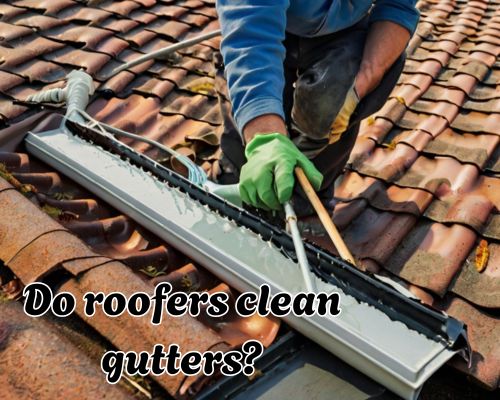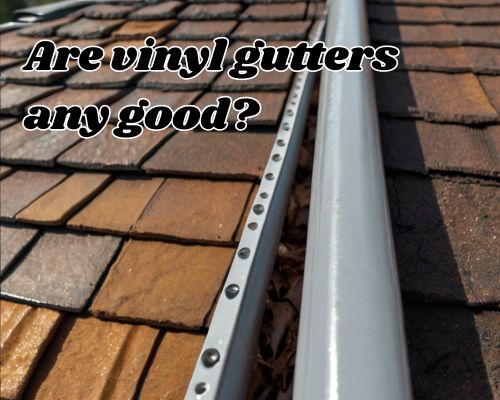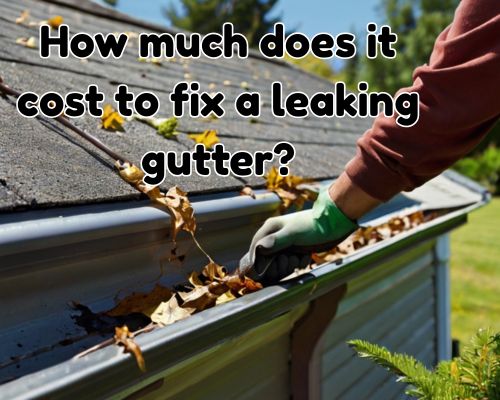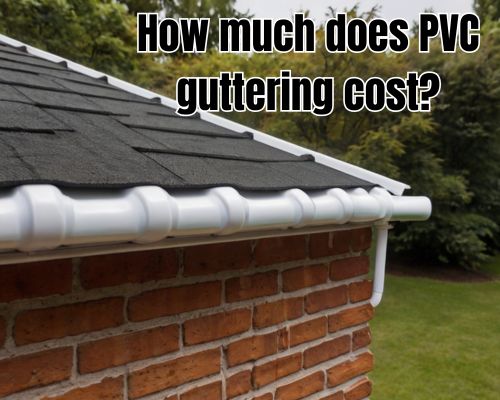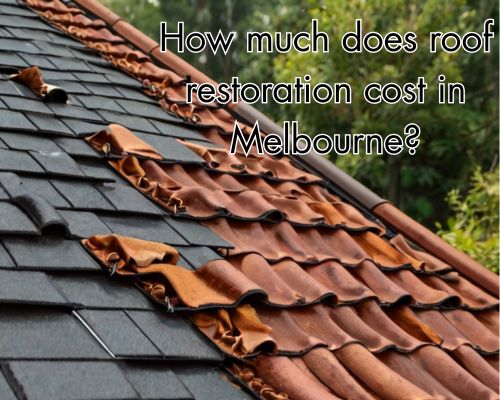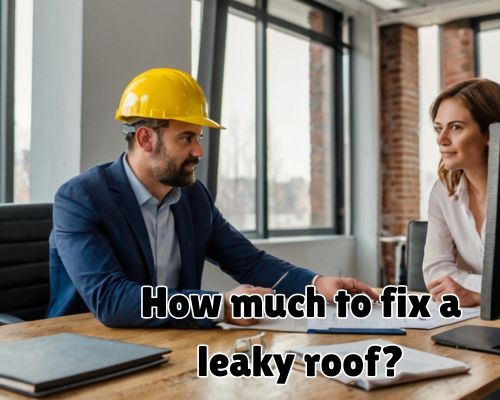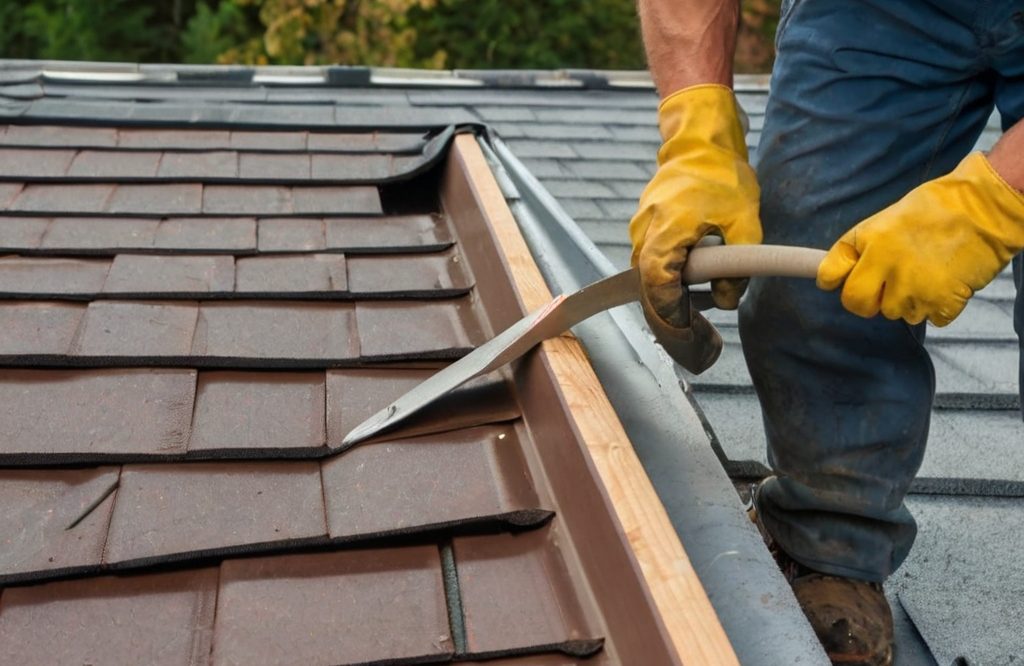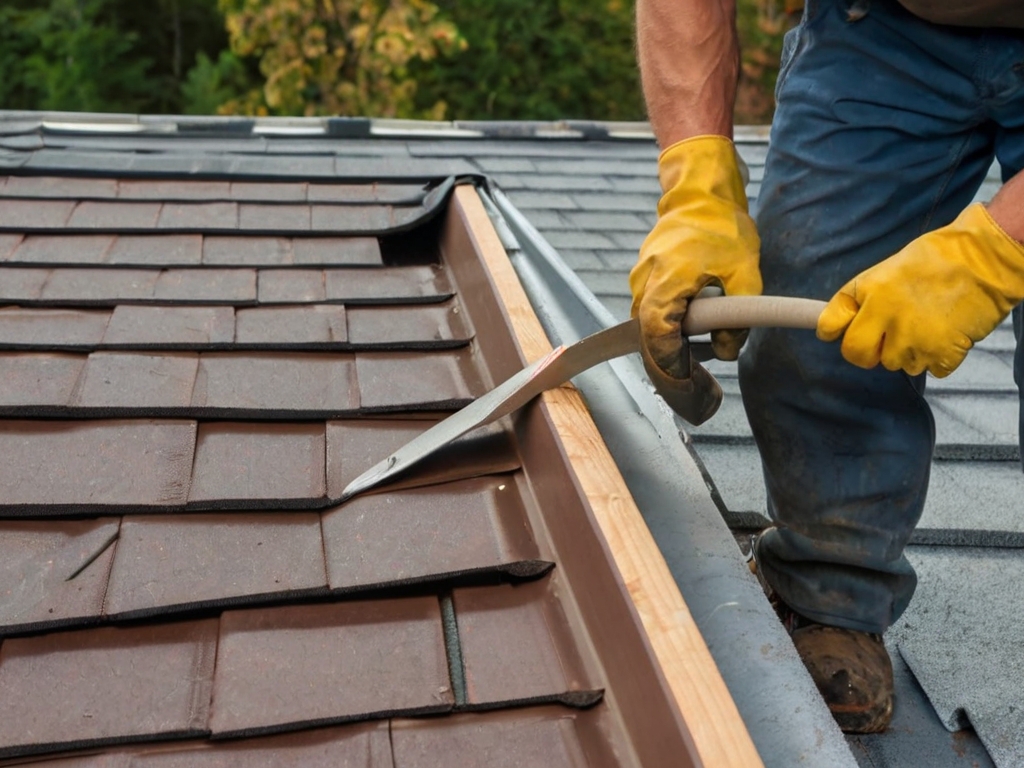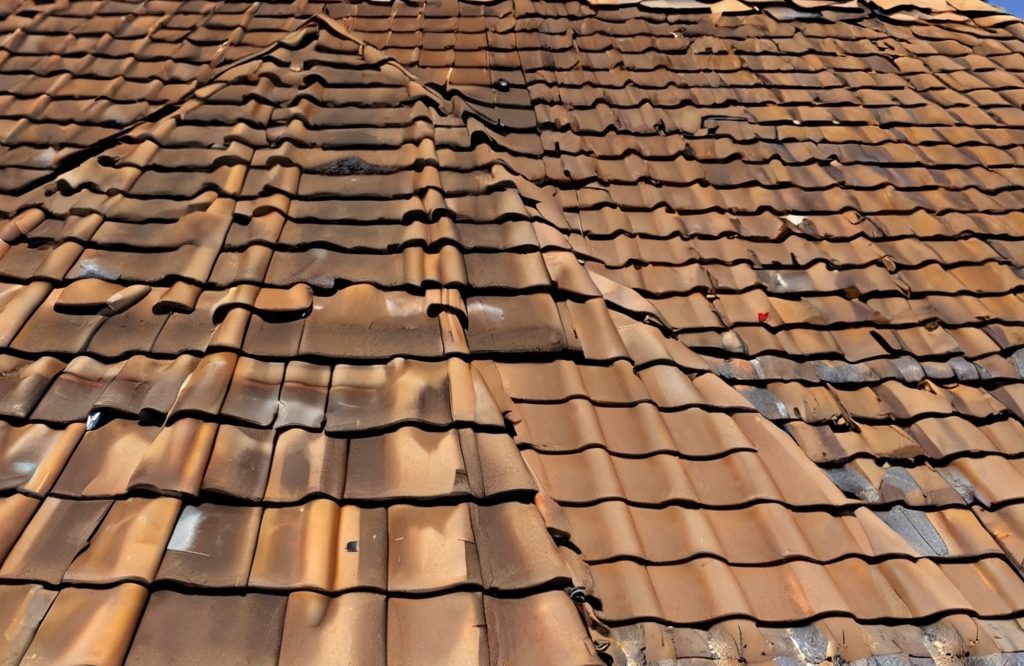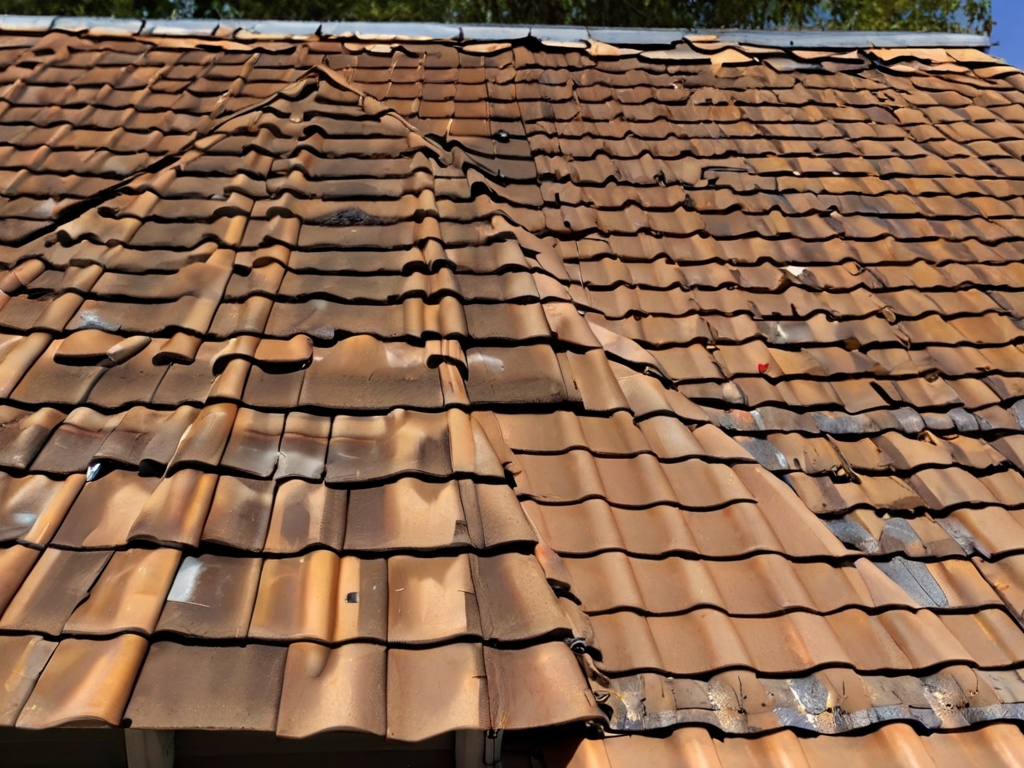In the coastal town of Mornington, Australia—where home aesthetics blend beachside charm with modern elegance—many homeowners are rethinking their kitchen layouts. One question making the rounds in design circles and local renovation forums is: Are kitchen wall cupboards out of fashion? The short answer? Not entirely. But the longer answer uncovers a nuanced shift in design preferences, driven by aesthetics, functionality, and lifestyle changes.
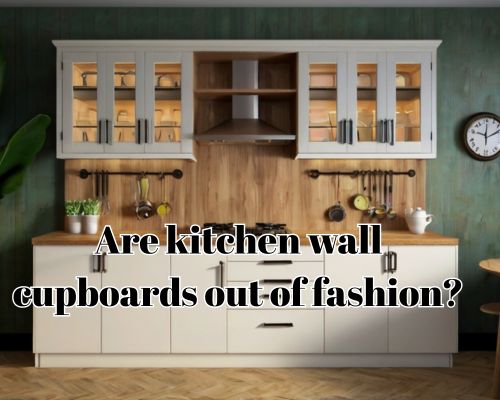
With Mornington Cabinet Makers, we’ll explore the evolution of kitchen storage, the emergence of alternative design trends, and what’s currently en vogue in Mornington’s vibrant housing market. We’ll cover the pros and cons of kitchen wall cupboards, highlight trending alternatives, and ultimately help you decide whether to keep, update, or remove your overhead cabinetry.
The Traditional Role of Kitchen Wall Cupboards
Wall cupboards have been a kitchen staple for decades, thanks to their ability to maximize vertical storage. Especially in compact homes and apartments common in areas like Mount Eliza, Mornington Peninsula, and Frankston South, they offer vital room for dishware, dry goods, and small appliances.
They also serve to frame the kitchen aesthetically, often paired with Shaker-style doors, glass fronts, or custom millwork to suit traditional and transitional interior designs. In the past, particularly in suburban Victorian homes across Mornington, overhead cupboards were seen as a must-have.
Why the Trend is Shifting
However, recent years have seen a dramatic evolution in kitchen design trends—particularly across Australia. Several factors are fueling the question of whether kitchen wall cupboards are going out of fashion:
1. Rise of Open-Plan Living
The open-plan living trend continues to dominate in Mornington, especially in new builds and coastal renovations. Homeowners want kitchens that flow seamlessly into living and dining areas. Wall cupboards, particularly bulky or dated ones, can break up that sense of openness and continuity.
2. Preference for Minimalist Aesthetics
A move toward Scandinavian and Japandi aesthetics, which emphasise clean lines and minimalism, has inspired the removal of upper cabinetry. In these styles, open shelves or a clean wall space above the countertop is often preferred.
3. Natural Light Considerations
Wall cupboards can obstruct natural light, especially if your kitchen only has a single window. In Mornington’s sun-filled homes, letting in as much light as possible enhances both livability and energy efficiency. Designers are opting for open shelving, glass splashbacks, or floating storage to keep spaces bright.
4. Modern Storage Innovations
Today’s homeowners are investing in pantry walls, under-bench drawer systems, and pull-out vertical racks—all of which can often replace the functionality of wall cupboards without the visual bulk.
What Are the Alternatives?
If you’re remodeling your kitchen in Mornington and wondering what to use instead of upper cabinetry, here are some trending, storage-efficient alternatives:
▪ Open Shelving
Open shelves, especially floating timber styles, are a favourite among interior designers in Victoria. They offer both storage and a place to showcase beautiful ceramics or locally-sourced stoneware from Mornington artists.
Pros:
- Airy, modern look
- Customizable heights and lengths
- Encourages decluttering
Cons:
- Requires tidy curation
- Not ideal for every item (dust and grease exposure)
▪ Butler’s Pantries
If space permits, a walk-in pantry or butler’s pantry is a luxury inclusion gaining traction in Mornington’s high-end homes. This allows homeowners to shift most storage out of sight, maintaining clean countertops and open upper walls.
▪ Tall Cabinet Walls
A full-height wall of storage—including integrated ovens, fridge, and pantry—can replace the need for overheads. In a sleek, flat-pack or custom joinery configuration, this offers immense practicality without upper clutter.
▪ Appliance Garages and Under-Bench Storage
Modern kitchens now incorporate deep drawers with soft-close hardware, appliance garages for coffee machines, and clever base-cabinet organisation systems. In Mornington’s newer coastal homes, this under-bench focus complements an island-centric layout.
For professional work, just visit Mornington Cabinet Makers.
Are Wall Cupboards Truly “Out”?
Not quite. Despite the rise of alternatives, kitchen wall cupboards aren’t completely out of fashion—they’re just evolving. In some Mornington homes, especially those with classic Hamptons or provincial-style interiors, wall cabinetry is still very much in vogue.
The shift isn’t about removing overhead cabinets entirely; it’s about intentional design. Overhead cabinets can be modernised with flat-panel doors, minimal handles, and colour palettes that blend into the wall (think soft greys, matte whites, or even muted sage).
In Mornington’s older homes, particularly those undergoing renovation, preserving upper cabinetry with updated design finishes helps maintain character while improving function.
What Designers in Mornington Are Saying
Local interior designers like those from Bayview Design Group and Mornington Peninsula Interiors note that clients today are more willing to “break the kitchen rules.” According to Melinda Parsons, a senior designer based in Mount Martha:
“We’re seeing a lot of hybrid kitchens—open shelving above a main work zone, but still using wall cupboards around the fridge or secondary prep areas. It’s about curating what you see and hiding the rest.”
This balanced approach is being adopted in high-end builds in Safety Beach, Dromana, and the Tuerong Hills, where aesthetics are just as critical as functionality.
Final Verdict: Style vs. Substance
So, are kitchen wall cupboards out of fashion in Mornington, Australia? They’re certainly not a universal staple anymore—but neither are they extinct. Their use is becoming more strategic, often replaced or complemented by alternative solutions that support a cleaner and more personalised design ethos.
If you’re planning a kitchen renovation in Mornington, evaluate your space, lighting, and storage needs. Explore combinations that let you maximise function without sacrificing the fresh, coastal aesthetic the area is known for. And remember—design trends come and go, but tailoring your kitchen to your lifestyle will always be timeless.
Pro Tip for Mornington Renovators
Before ripping out your upper cabinets, consult a local kitchen designer or joinery expert who understands the regional design climate. Mornington’s coastal weather, lifestyle, and home architecture play a big role in what kitchen layout works best. Choose timeless over trendy, and balance style with practicality.
